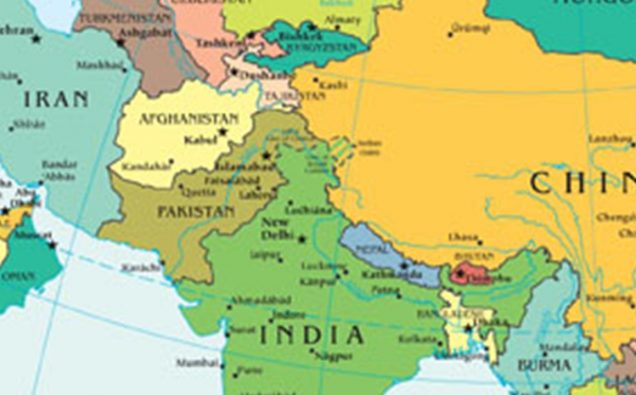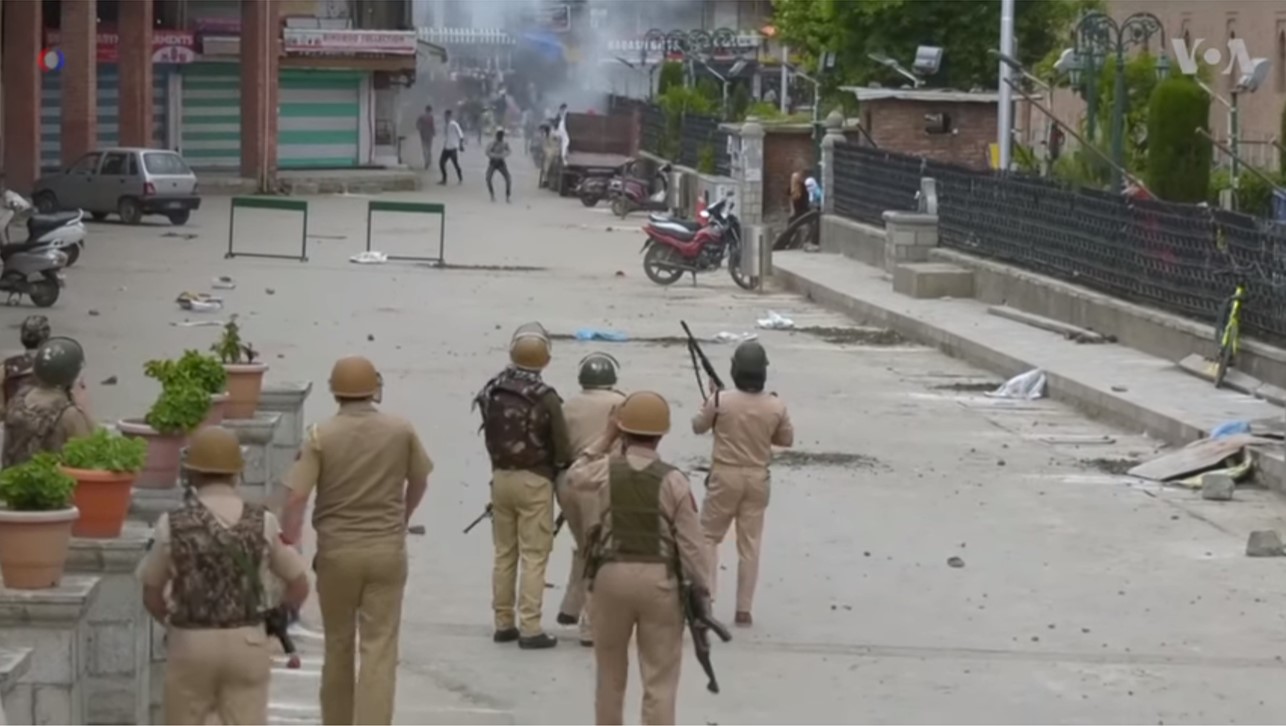
For the third time, Prime Minister Imran Khan has addressed a letter to his Indian counterpart Narendra Modi inviting him to resolve disputes through dialogue.
The move comes after a military standoff between the countries in disputed Kashmir region during India’s election, which have given ultarnationalist BJP leader Modi another five year-term.
The two leaders are set to attend Shanghai Cooperation Organization in Central Asian country Kyrgyzistan’s capital Bishkek next week but New Delhi has said no meeting has been planned between the prime ministers of two nuclear-armed South Asian neighbors.
In the congratulatory letter to the Indian PM, Khan wrote that Pakistan desires the resolution of all problems, including that of the disputed Kashmir region.
Khan, who deescalated tensions with release of a captive Indian fighter jet pilot a few months ago, emphasized that talks between the two nations were the only solution to help both nations deal with the challenge of poverty and that it was important for the two countries to work together for regional development.
The possibility of talks between longtime rivals saw some hopes after Khan had earlier congratulated his Indian counterpart on his party’s electoral victory in the Lok Sabha elections.
Khan posted a Twitter greeting to the Indian leader, saying he looked forward to working for “peace, progress and prosperity in South Asia”.
In a tweeted response, Modi thanked PM Khan for his “good wishes” and said he, too, wanted peace in the region.
But Modi did not invite Khan to his swearing in ceremony, indicating India was prepared to go for cooperation with other regional counties instead of SAARC, where Pakistan is a key member.
The two countries regularly trade allegations, India accusing Pakistan of allowing terrorists to launch attacks like Pulwama and Islamabad accusing New Delhi of perpetrating state terror in Kashmir and fueling insurgency in its Balochistan province.
India and Pakistan gained membership of the SCO in 2017, joining the forum founded in 2001 by Russia, China, Kyrgyzstan, Kazakhstan, Tajikistan, and Uzbekistan.
















